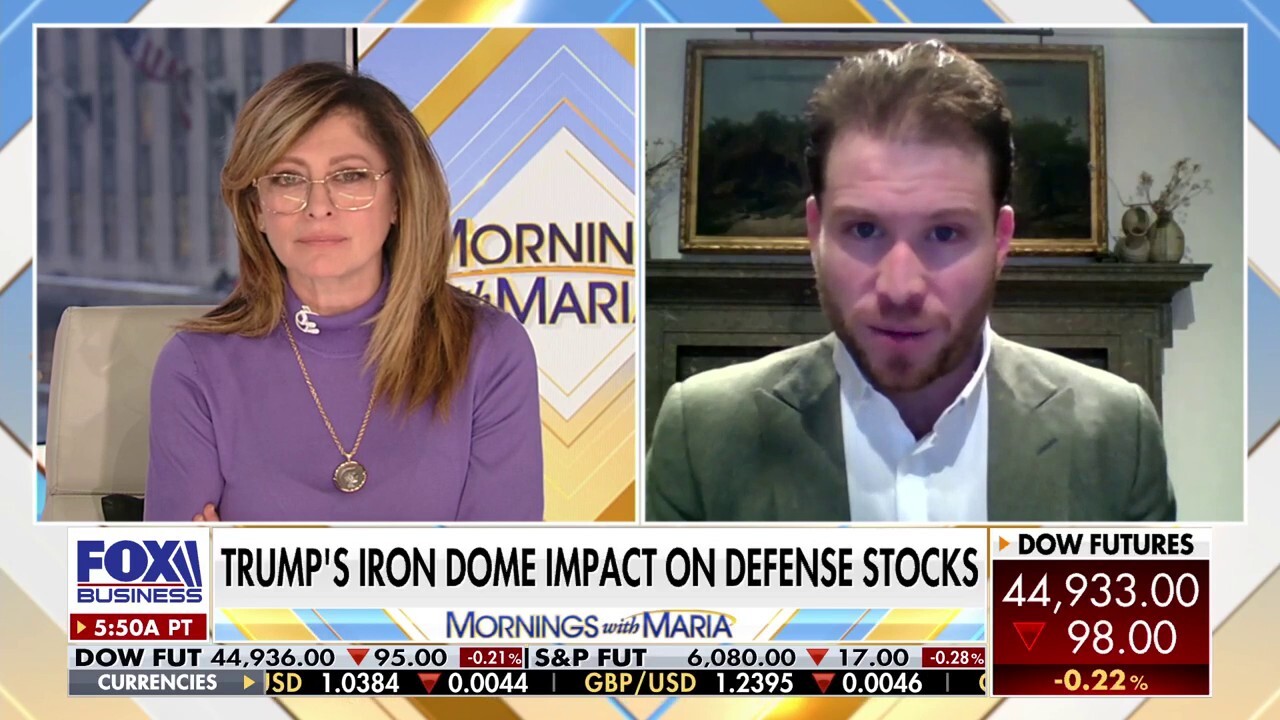Bravo
If ARM was an arm, BRN would be its biceps💪!
Obviously we're hoping that Nintendo will incorporate our technology to help offset the power consumption for extended battery life. 
Published 10:51 14 Feb 2025 GMT

Dan Lipscombe
We’re counting down the days until 2 April when Nintendo reveals more about the Switch 2 hardware and, hopefully, puts lots of minds at ease.
Since the first trailer was dropped for the new Nintendo console, fans have been speculating about the inner workings of the device.
The Switch 2 will be with us this year and fans are speculating on its potential battery life
One of the biggest questions on the lips of every fan, regards the battery life, for a portable device, just how good will it be? How long will it last?
Some fans are very worried it won’t last long on one charge due to the upgraded power of the hardware.
Others are more optimistic, with one fan guessing, “I imagine they will target a 4-hour minimum battery life through a combination over downclocking and a larger battery than switch 1.”
The fanbase flipflops back and forth on this topic.
Of course, until we get official word, it’s hard to know how the console will perform in handheld mode.
One fan is feeling pretty good about things, saying, “2.5 hours of Handheld RDR2? I mean that's not too bad.”
Realistically, the device could last for a while on its battery, but with more demanding games, any handheld hardware will struggle to go beyond three hours.
“Battery life vs performance is a very tightly choreographed dance. If they maxed out performance (and could somehow keep it cool), you'd be looking at probably less than 30 minutes of battery life,” explains Robbitjuice.
Optimisation will be a big part of its success, and of course, the hardware will go through revisions in its life.
As SharkTheDeepfan830 says, “It will probably have less battery life as it's powerful. Once it gets more revisions, it will have better battery life IMO.”
Now we wait for Nintendo to say more, but personally, if it can play powerful games for a couple of hours on the battery, I’d be happy. My Steam Deck only lasts 90 minutes on new games nowadays.

 www.gamingbible.com
www.gamingbible.com
Published 10:51 14 Feb 2025 GMT
Nintendo Switch 2 battery life is already dividing fans
Fans are split
Dan Lipscombe
We’re counting down the days until 2 April when Nintendo reveals more about the Switch 2 hardware and, hopefully, puts lots of minds at ease.
Since the first trailer was dropped for the new Nintendo console, fans have been speculating about the inner workings of the device.
The Switch 2 will be with us this year and fans are speculating on its potential battery life
One of the biggest questions on the lips of every fan, regards the battery life, for a portable device, just how good will it be? How long will it last?
Some fans are very worried it won’t last long on one charge due to the upgraded power of the hardware.
Others are more optimistic, with one fan guessing, “I imagine they will target a 4-hour minimum battery life through a combination over downclocking and a larger battery than switch 1.”
The fanbase flipflops back and forth on this topic.
Of course, until we get official word, it’s hard to know how the console will perform in handheld mode.
One fan is feeling pretty good about things, saying, “2.5 hours of Handheld RDR2? I mean that's not too bad.”
Realistically, the device could last for a while on its battery, but with more demanding games, any handheld hardware will struggle to go beyond three hours.
“Battery life vs performance is a very tightly choreographed dance. If they maxed out performance (and could somehow keep it cool), you'd be looking at probably less than 30 minutes of battery life,” explains Robbitjuice.
Optimisation will be a big part of its success, and of course, the hardware will go through revisions in its life.
As SharkTheDeepfan830 says, “It will probably have less battery life as it's powerful. Once it gets more revisions, it will have better battery life IMO.”
Now we wait for Nintendo to say more, but personally, if it can play powerful games for a couple of hours on the battery, I’d be happy. My Steam Deck only lasts 90 minutes on new games nowadays.

Nintendo Switch 2 battery life is already dividing fans
Nintendo Switch 2 battery life is questioned by fans, splitting opinion





